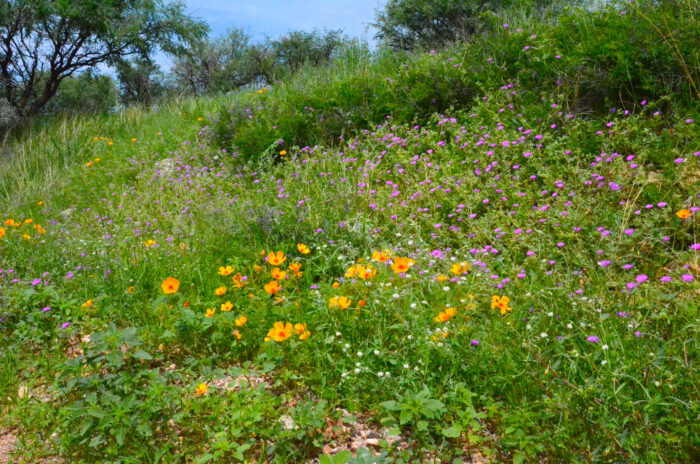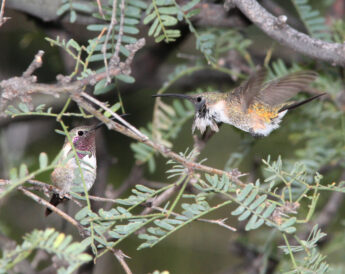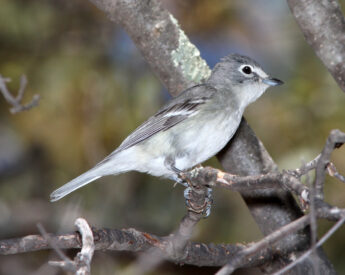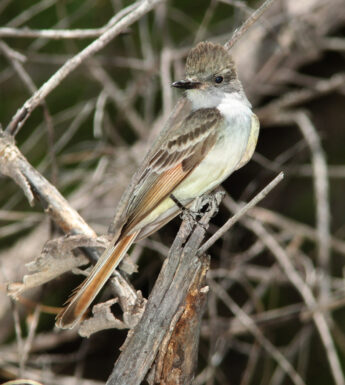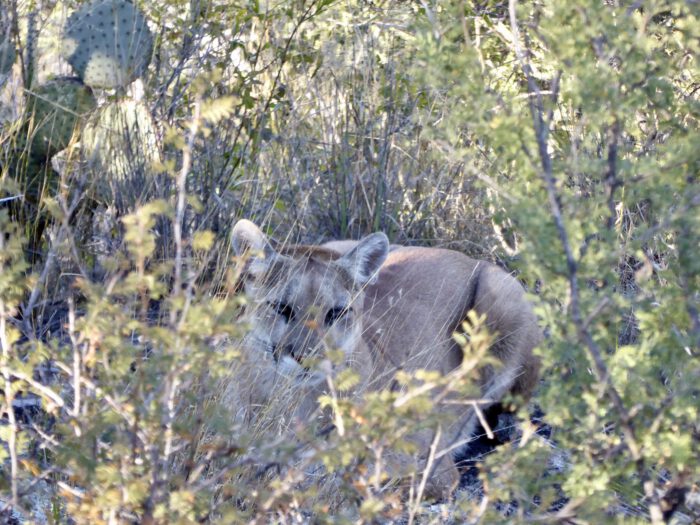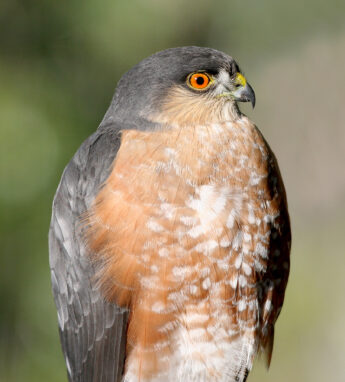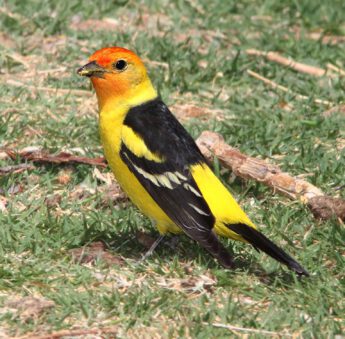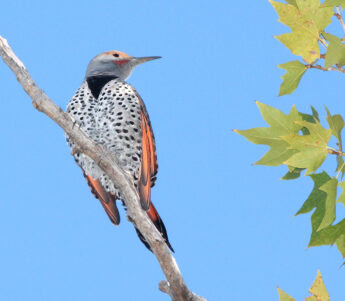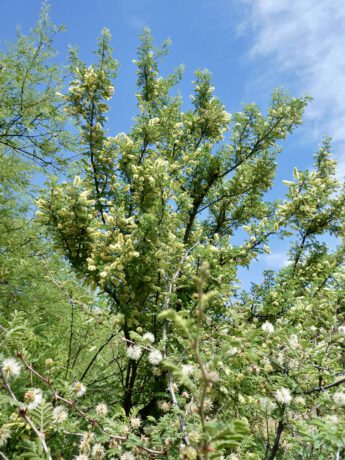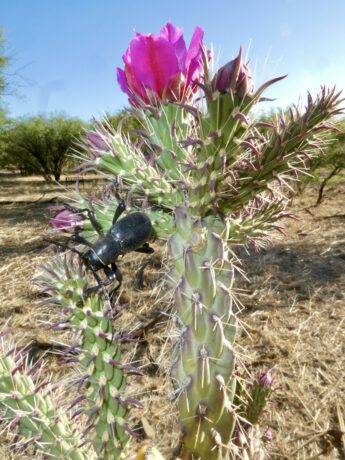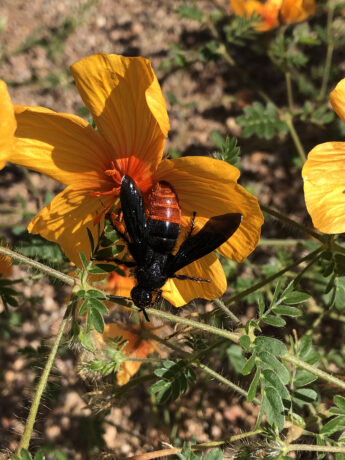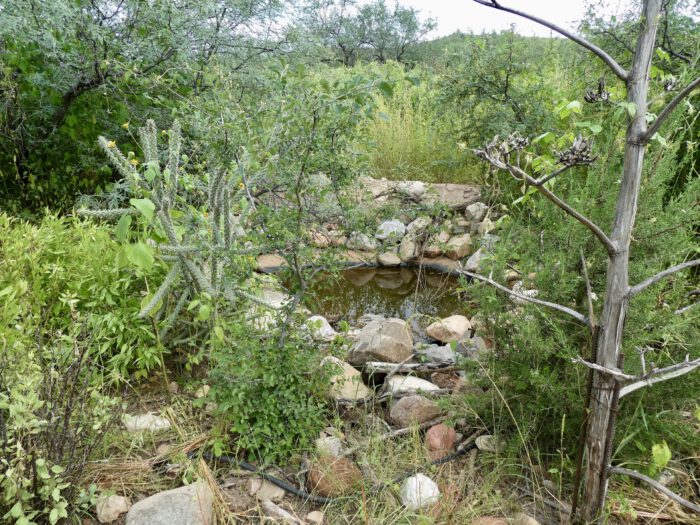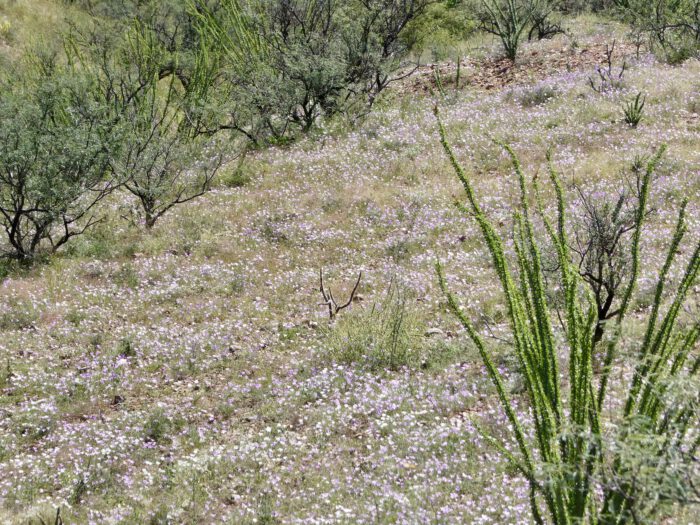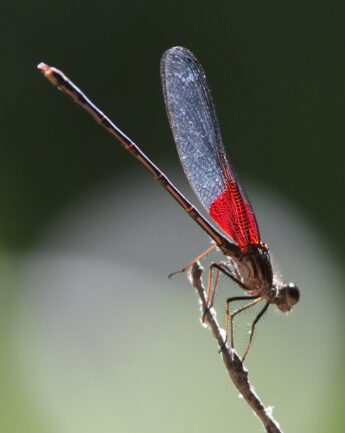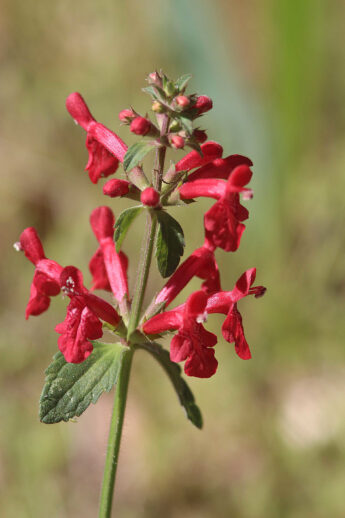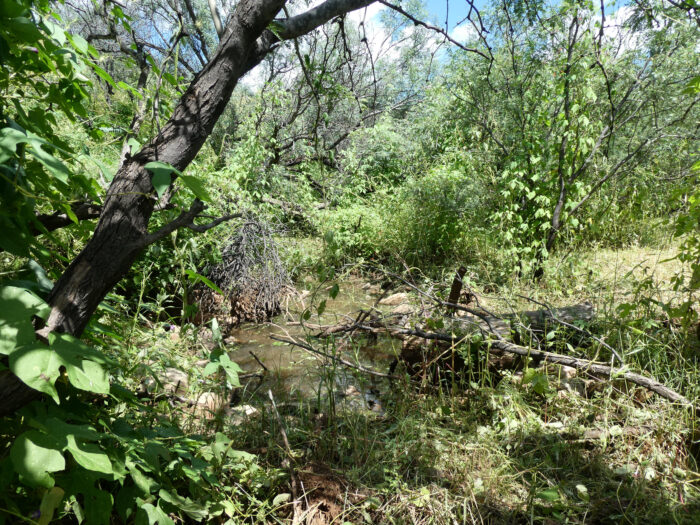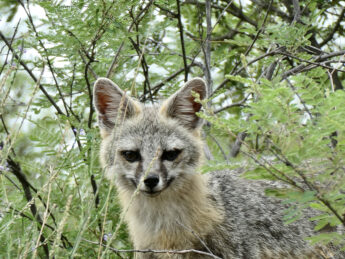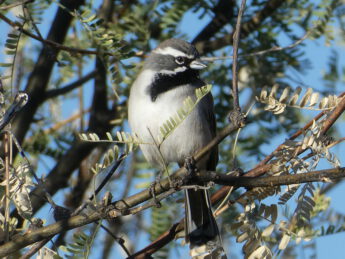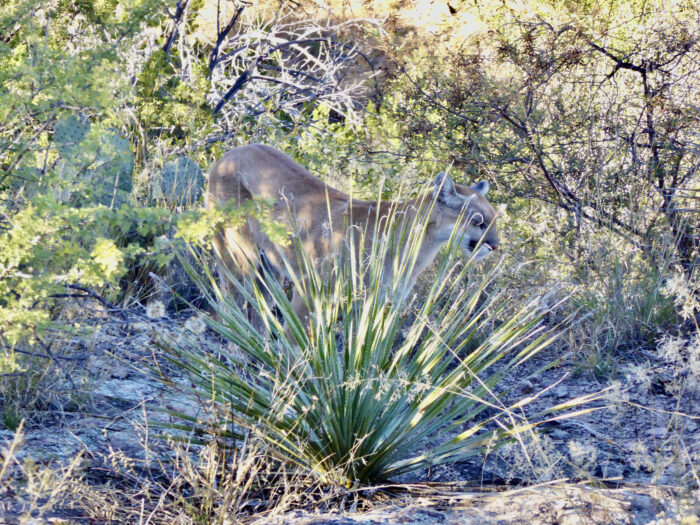OUR CONSERVATION PRACTICES
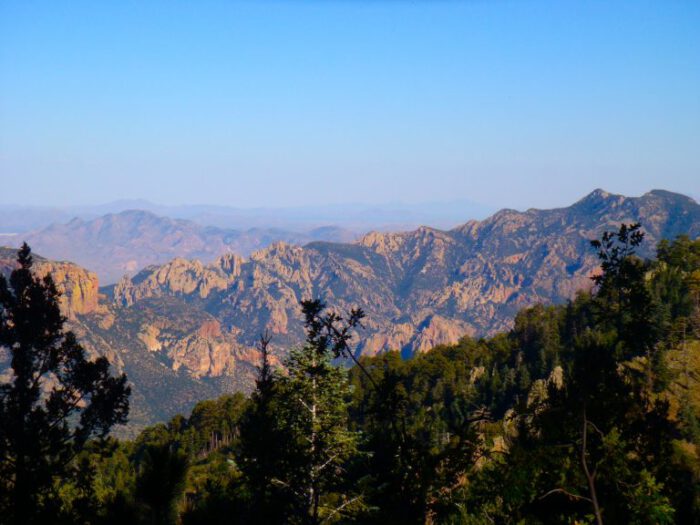
The Sky Islands region of southeast Arizona has the most biodiversity of any comparable area in the U.S. At Ravens-Way Wild Journeys LLC, we have been fortunate to be the stewards of two gorgeous Sky Islands Nature Sanctuaries since 1990. First, Raven’s Mountain in the majestic Chiricahua Mountains and then in 2008, Raven’s Nest located by Patagonia Lake State Park and surrounded by the pristine 9,500- acre Sonoita Creek State Natural Area wilderness. We passionately honor this privilege on a daily basis by following a multitude of Conservation Practices, helping to protect and promote our amazing Sky Islands Biodiversity for future generations.
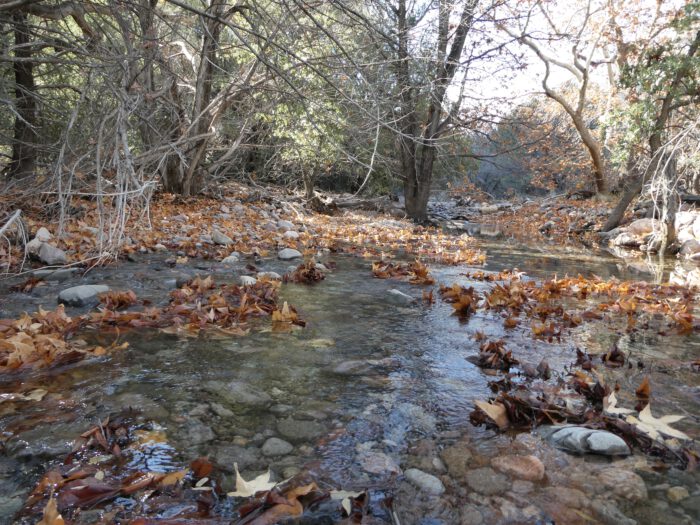
At Ravens-Way Wild Journeys LLC, one of our underlying philosophies is to promote daily “Environmental Practices” that will help lower our use of power, water, fuel, and that minimizes the waste that we produce at both Sky Islands Nature Sanctuaries – Raven’s Nest & Raven’s Mountain. This reduces our ecological footprint, the sum total of all of our actions – positive, neutral, or negative – on the environment.
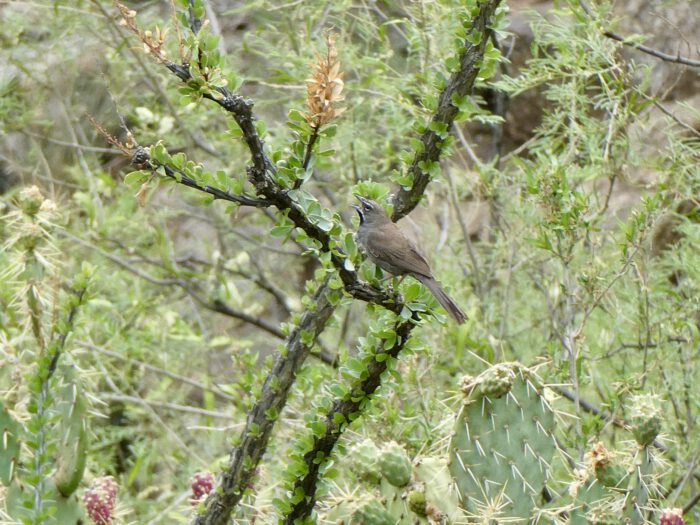
CONSERVATION STRATEGIES AT RAVEN’S NEST

At Raven’s Nest Nature Sanctuary we host a significant subset of our Sky Islands dazzling array of species. Since March 2008, we have recorded 166 birds, multiple mammals, rare reptiles, amphibians, butterflies, and other invertebrates via our remote cameras, as well as a myriad of native plants that call our preserve home. We tirelessly implement land management practices that promote and preserve our high levels of biodiversity, while serving as a key wildlife corridor in the greater Sky Islands region.
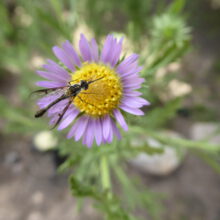
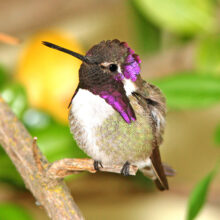
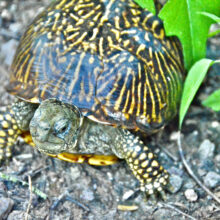
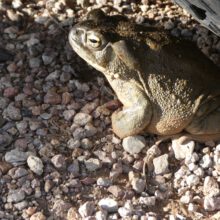
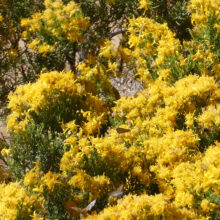
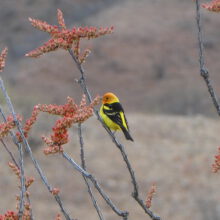
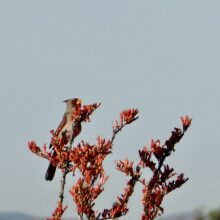
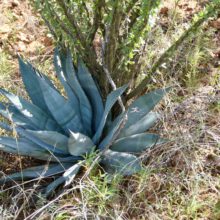
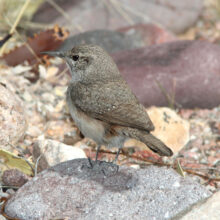

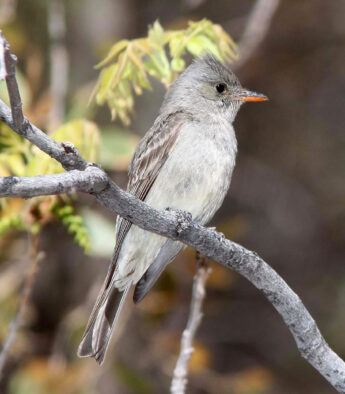
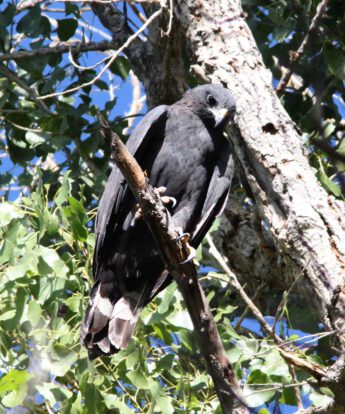
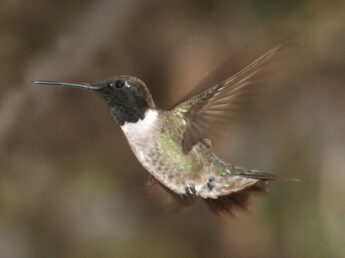
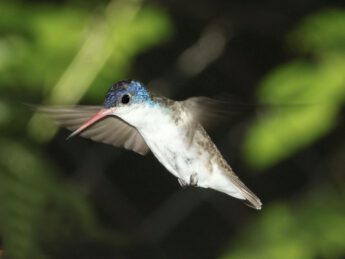
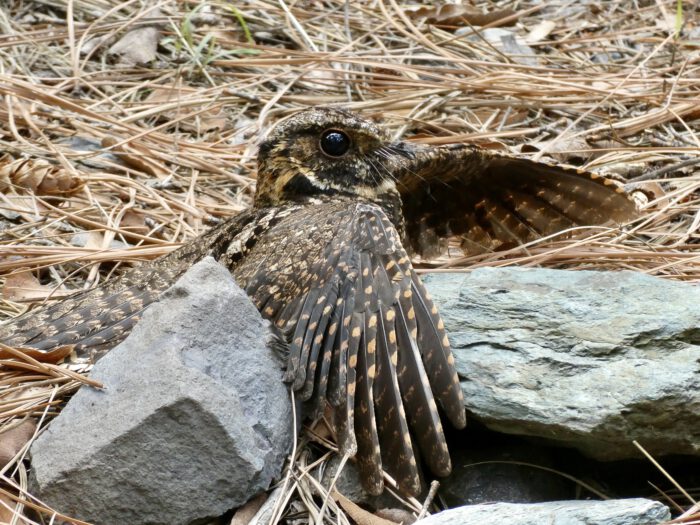
Given the countless number of guests that we host at Raven’s Nest Nature Sanctuary, one of our key goals is “ ZERO WASTE” : the recycling of all materials back into Nature or the marketplace in a manner that protects human health and the environment. To that end, we have chosen to refuse the weekly garbage collection service.

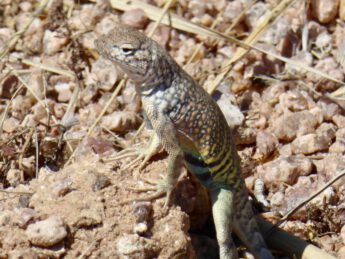
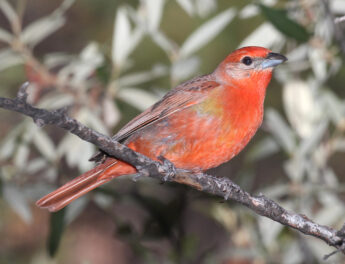
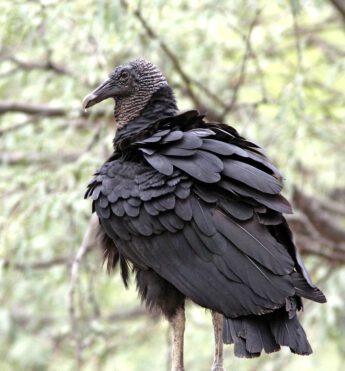
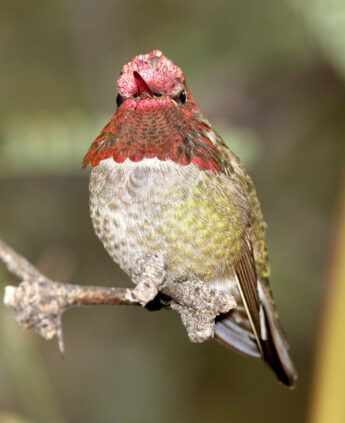
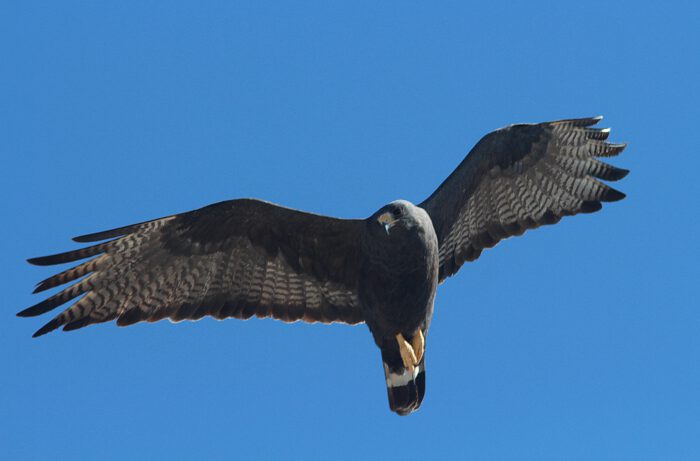
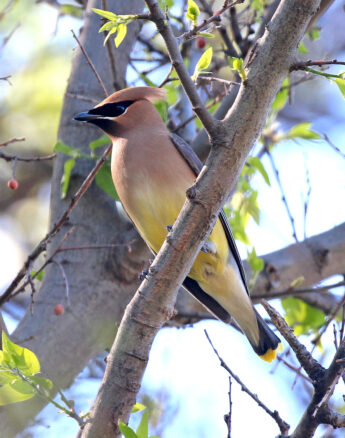
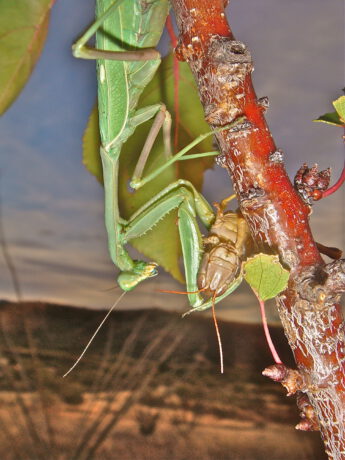
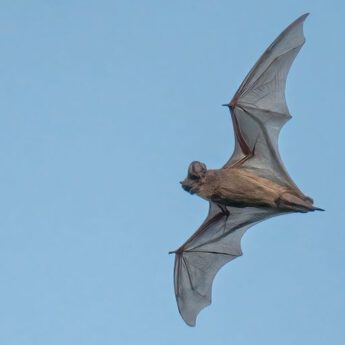
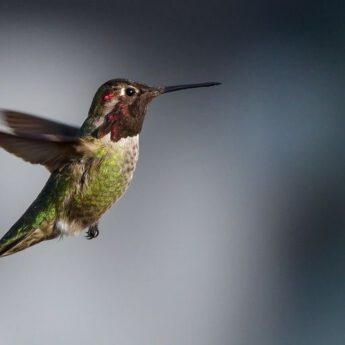
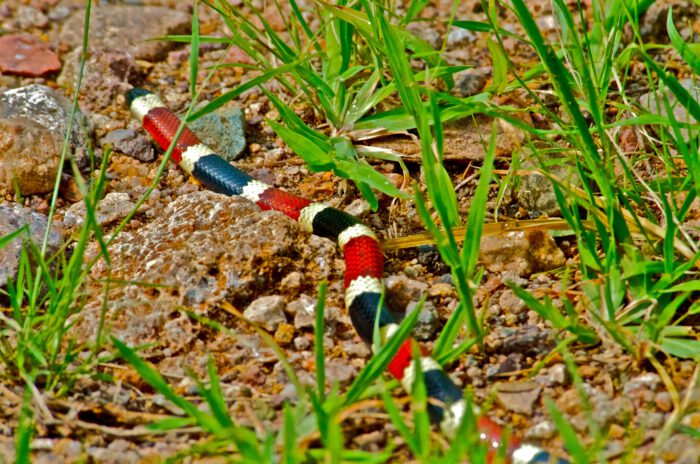
At our Nature Sanctuary we practice and promote daily a number of key Conservation Practices via direct hands-on actions to support our amazing Sky Islands biodiversity:
- Habitat Management Zones – to sustainably use the land, while improving its ecological health
- Ecological Restoration – to protect and preserve the unique Sky Islands Biodiversity
- Rainwater Harvesting Techniques – to support our Ecological Restoration
- Habitat Restoration – to provide specific hands-on management and direct action to the 6 different habitats to help promote and maintain an optimal level of biodiversity
- Graywater Systems – to redirect and recycle the “once-used” water from all the showers and sinks into an effective Irrigation System that benefits all the neighboring trees, plants, Wildlife Ponds and landscaping
- Wildlife Population Monitoring – to document wildlife via remote cameras and frequently update the various Species Lists for the preserve
- Non-Native / Invasive Plant Removal & Eradication– to give the competitive edge to native species, using the dead/invasive plants as mulch to reduce water evaporation, thus encouraging the growth of all our native plants
- Planting Native Species only! – to bolster plant populations, improve wildlife habitat, support pollinators populations, create diverse and resilient native wildlife populations, develop the food chain and create a healthy and sustainable ecosystem for generations to come!
- Xeriscaping – to reduce water use & create wildlife habitat
- Watershed Restoration – to maintain and improve natural hydrology at the preserve
- Organic Orchards and Edible Organic Gardens – with desert-adapted Kino Heritage Fruit trees – to lower our impact on the planet & promote healthy Green Living
- Green Building Principles – to design and create new structures that are environmentally responsible and resource-efficient throughout – Sky Islands Safari Camp, Rainwater Harvesting System, Sky Islands Discovery Center
- Ethnobotanical Garden – to create an experiential learning opportunity representing the traditions and knowledge of the Native Cultures, and their ensuing relationship with their natural environment while using them for food, medicine, shelter, fire-making, rope, basketry, etc.
- Composting – to create rich soil for our Organic Orchards & Organic Edible Gardens
- Leave NO Trace – to Always Stay on Nature Trails
- Every Acre Counts – to value every square inch of land, taking nothing for granted despite having over 100 acres in our two Nature Preserves
- Exclusively use of organic food & products – to lower our impact on the planet & promote healthy Green Living
- Minimal Noise Levels – to reduce our auditory impact on sensitive wildlife species
- Minimal Light Pollution – to minimize the use of artificial outdoor light at night that disrupts the natural patterns of wildlife, contributes to the increase in carbon dioxide (CO2) in the atmosphere, and obscures the Night Sky
- REDUCE/REUSE/RECYCLE – to minimize waste
- NO HUNTING / NO TRAPPING – to safeguard ALL our precious wildlife populations
- NO PETS – to eliminate their disruptive influence to our many species of wildlife
